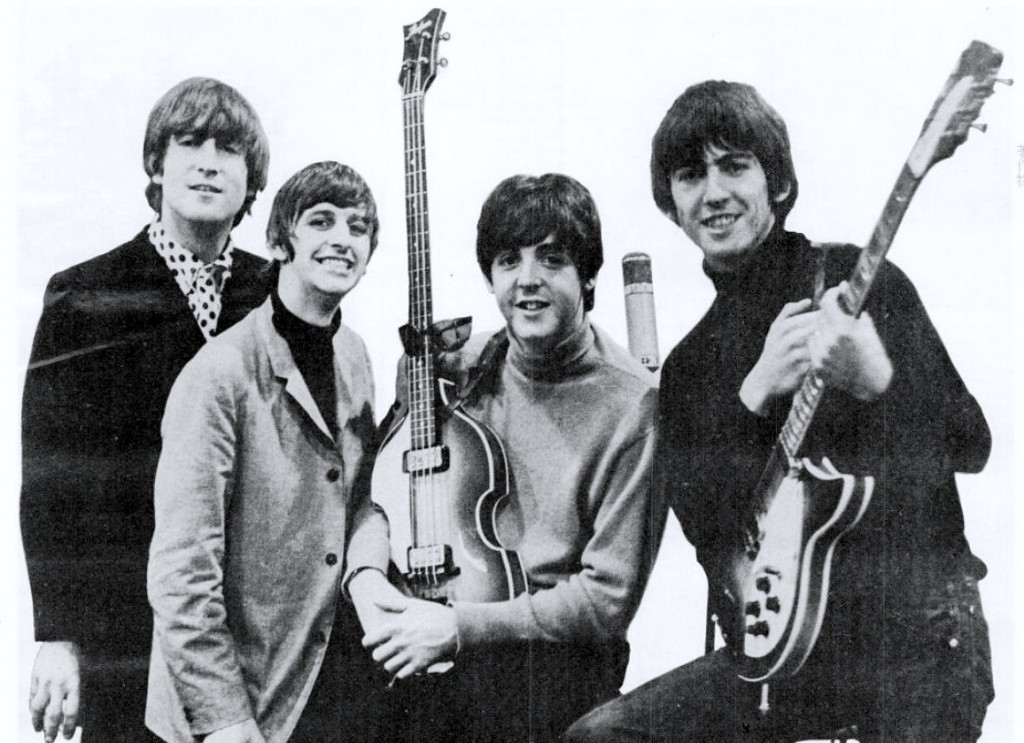Music: The industry that rocked & rolled away
In 1960, the music industry welcomed one of the most influential bands the world has ever seen – The Beatles. They took Rock n’ Roll and flipped it upside down, inspiring artists for decades with a unique sound and songs about peace. Yet today, names such as Avicii, Fetty Wap and Justin Bieber seem to outshine The Beatles tenfold.
Nearly 90 percent of today’s popular music is computer engineered. 20 years ago, music had to be recorded and performed by artists. The talent required to produce successful songs in the 1960s, 70’s and 80’s is no longer needed. Finding fame by auto-tuning your voice to unoriginal lyrics while playing them over a computer-generated tune is what the music industry has come to. If you need a songwriter, digitally engineered beats and auto-tune to make it to the radio, you’re not a true artist.
Every generation has a different musical preference, but our generation seems to have lost its way. Artists used to express their feelings and tell stories within songs and their music provided an escape for fans going through rough times. It even served as a political platform, as demonstrated by Michael Jackson’s optimism in ‘Heal the World’ and Bob Marley’s yearning for individual rights in ‘Get Up, Stand Up’. Sadly, it has turned into an industry dominated by Hip-Hop, Rap, and EDM – music that is infamous for its similar sound, sampling, auto-tuned vocals and vulgarity.
Lyrics, as a whole, seem utterly meaningless in comparison to those of past artists. Remember the lyrics from political activist and musical genius, John Lennon’s ‘Imagine’?
“Imagine there’s no countries, it isn’t hard to do / Nothing to kill or die for, and no religion too / Imagine all the people, living life in peace.” Now compare it to a lyric from renowned rapper Kanye West’s ‘Can’t Tell Me Nothing’. “So if the devil wear Prada / Adam, Eve wear nada / I’m in between, but way fresher.”
How are irrelevant and nonsensical lyrics, as such, considered acceptable pieces of music by today’s fans, in contrast to the inspirational and thought-provoking lyrics of the past? Our standards of music quality have drastically diminished within the last two decades. A functional MRI (fMRI) study in 2011, proved that listening to certain songs repeatedly tricks your brain into liking them. If radio stations constantly play the same tunes, there is no use for writing songs to please the public. Over time, we grew accustomed to these types of songs, encouraging artists to continue to produce music – music that would be a disgrace to the industry in the eyes of fans decades ago.
The rap and hip-hop industry is plagued by vulgar language, the objectification of women and references to sex, drugs and crime – not to mention the senseless lyrics. These songs are often heard by young children, exposing them to explicit themes while condoning crude and inappropriate behavior.
Unfortunately, many of the current artists that have remained true to their musical roots are practically unknown by the general public. There are some artists who still care about genuine, original music, such as Ed Sheeran and Adele, two artists who write their own music and stay away from computer engineered sounds. But as a whole, today’s music cannot compare to the impact that the artists and music of our parents’ generations had on the world. Unfortunately, if the music industry continues in its downward spiral, a few decades from now, revolutionaries in the industry such as The Beatles, The Rolling Stones, Michael Jackson, Bob Marley and Nirvana will have no place in a music lover’s head.






























